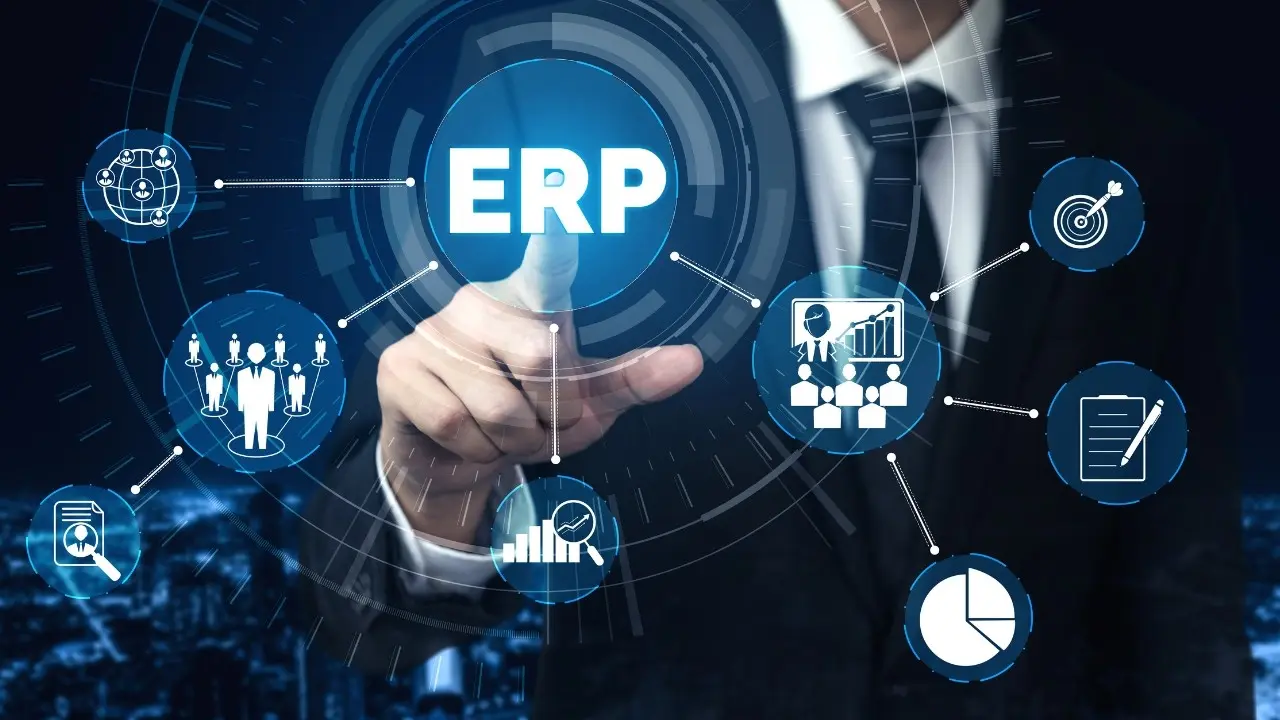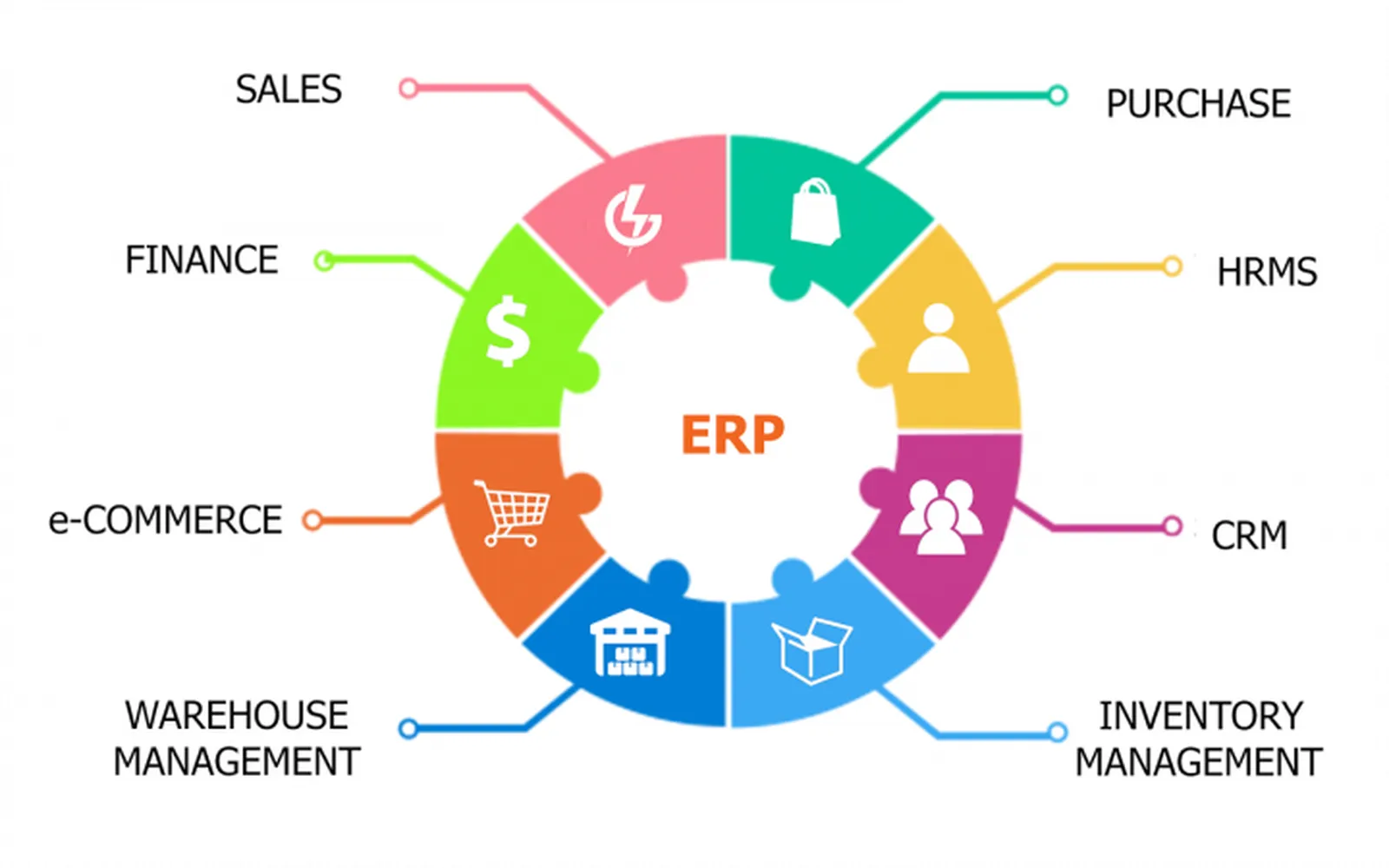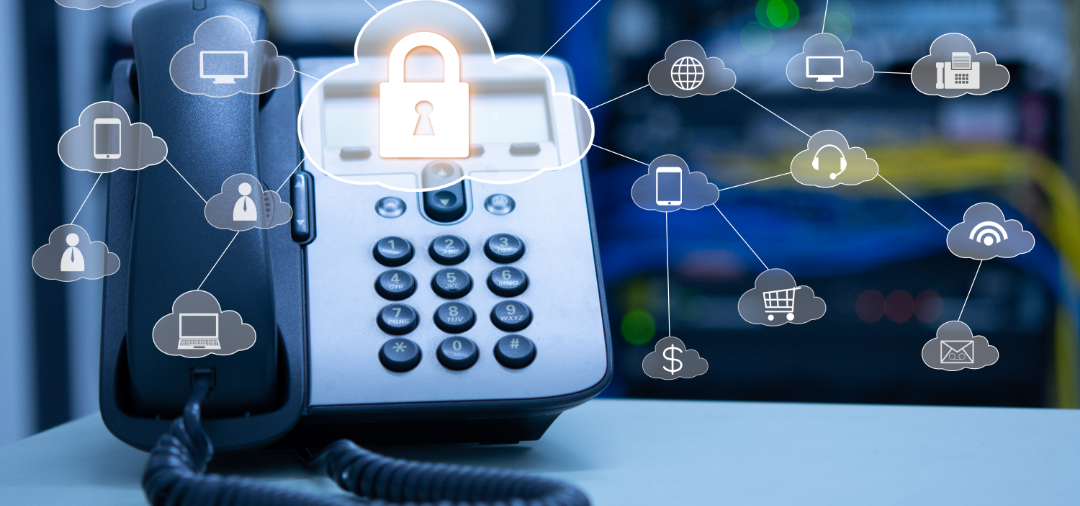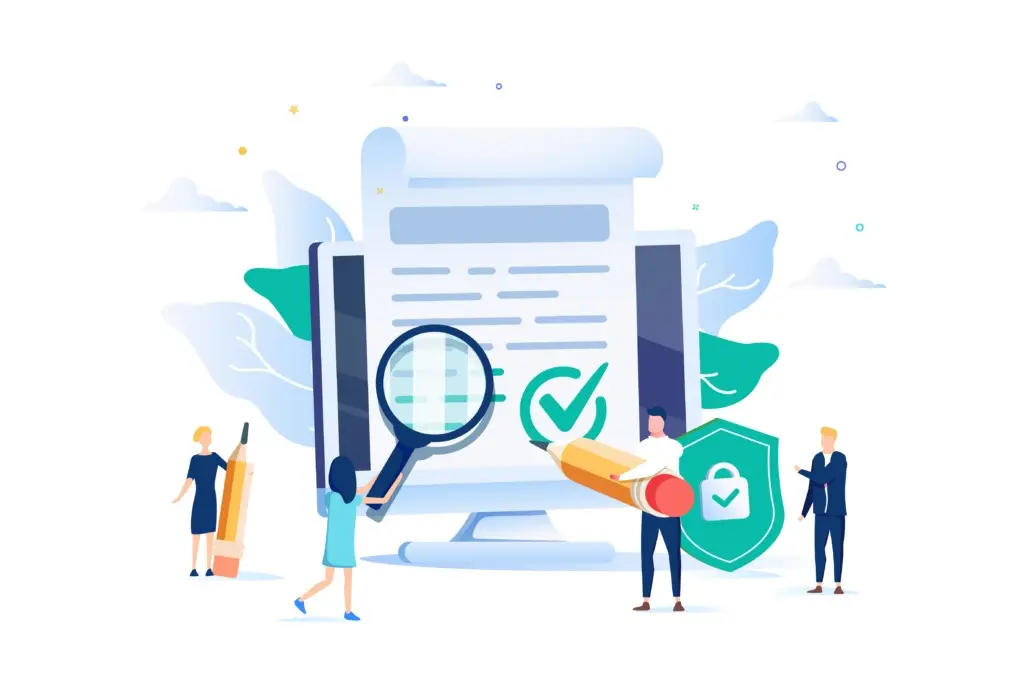Unlock the Power of ERP for Small Businesses
Managing a small business involves juggling multiple tasks—from inventory management and order processing to customer service and accounting. But what if you could streamline all of these operations into a single, easy-to-use system? With ERP for small businesses, you can do just that!
🛠️ What is ERP and Why Is It Important for Small Businesses?
ERP software integrates various business functions into one system, allowing for smoother communication, data sharing, and decision-making across departments. For small businesses, ERP provides an affordable, scalable solution to optimize operations and reduce manual work.
Here’s why ERP systems are a game-changer for small businesses:
| Benefit | Description |
|---|---|
| Centralized Data | ERP systems centralize business data, making it accessible to all departments. This reduces errors and inconsistencies caused by separate systems. |
| Improved Efficiency | Automate routine tasks like accounting, payroll, and inventory management to save time and reduce operational costs. |
| Better Decision Making | With real-time data insights, you can make informed decisions, optimize resources, and improve your business strategy. |
| Scalability | As your business grows, ERP systems can scale with you, providing features and capabilities to match your evolving needs. |
| Improved Customer Service | With better access to inventory, orders, and customer data, you can respond faster to customer queries, improving satisfaction and loyalty. |
💼 How ERP for Small Businesses Works
A good ERP system for small businesses is tailored to your needs, allowing you to integrate key business functions. Here’s how it works:
- Streamline Operations: ERP systems centralize key operations like accounting, sales, inventory, and customer relationship management (CRM), eliminating the need for multiple software solutions.
- Automate Routine Tasks: With automation tools, tasks like invoicing, payroll, and inventory management can be handled automatically, freeing up time for strategic tasks.
- Centralized Reporting: ERP provides a dashboard where you can view real-time business performance, track KPIs (Key Performance Indicators), and generate detailed reports for better decision-making.
- Collaboration Across Teams: With cloud-based ERP, employees in different departments (sales, finance, HR, etc.) can access and collaborate on the same data, improving coordination and communication.
🔍 Key Features to Look for in ERP for Small Businesses
When selecting an ERP system for your small business, consider the following features to ensure it fits your needs:
| Feature | Description |
|---|---|
| Cloud-Based | A cloud-based ERP system allows you to access your data anytime, anywhere, and on any device. It’s cost-effective and requires no IT maintenance. |
| Financial Management | Look for ERP systems with robust financial management tools, including accounting, budgeting, and reporting features. |
| Inventory Management | Real-time inventory tracking, order management, and automated stock alerts help streamline your supply chain and prevent overstocking or stockouts. |
| Customer Relationship Management (CRM) | A built-in CRM system helps you manage leads, track sales opportunities, and maintain customer records in one place. |
| User-Friendly Interface | The system should be intuitive, with a simple interface that allows employees to quickly adopt and use the software without extensive training. |
| Integration Capabilities | Choose an ERP system that integrates easily with other business tools and software you already use, such as eCommerce platforms or HR management tools. |
📊 Benefits of ERP for Small Businesses
A good ERP system offers multiple advantages for small businesses, improving both day-to-day operations and long-term growth:
| Benefit | Description |
|---|---|
| Cost Reduction | By automating manual processes and improving efficiency, ERP helps reduce labor and operational costs. |
| Improved Cash Flow | With better control over inventory, sales, and finances, ERP allows for better management of cash flow and reduces the risk of financial errors. |
| Compliance and Reporting | ERP systems help you stay compliant with industry regulations, generating reports that meet tax, accounting, and legal requirements. |
| Better Forecasting | Access to accurate data and analytics allows you to make better forecasts and plan your business strategy more effectively. |
| Time Savings | Automating processes saves time, allowing you to focus on growing your business rather than managing administrative tasks. |
🌟 Choosing the Best ERP System for Your Small Business
When selecting an ERP system for your small business, make sure to choose a solution that aligns with your business goals and budget. Here are some steps to follow:
- Evaluate Your Needs: Identify the key features that will benefit your business. Do you need advanced financial reporting or robust CRM tools? Make sure the ERP system covers these needs.
- Consider Your Budget: ERP systems come in various pricing models, from subscription-based services to one-time purchases. Choose a system that fits your budget, but don’t compromise on essential features.
- Look for User-Friendliness: Choose an ERP system with an easy-to-navigate interface and strong customer support to make the transition smooth for your team.
- Read Reviews and Case Studies: Research reviews, testimonials, and case studies from other small businesses in your industry to ensure the ERP system meets your needs.
- Check for Scalability: As your business grows, you’ll want a system that can scale with you. Make sure the ERP provider offers additional features and functionalities as your business expands.
✅ Conclusion: Empower Your Small Business with ERP
Investing in ERP for small businesses is a smart decision that can help you improve efficiency, streamline operations, and ultimately boost your bottom line. With the right ERP system, you can automate routine tasks, reduce errors, and make data-driven decisions that propel your business forward.
Don’t wait—get started today and see how the right ERP system can transform your small business operations!
Explore

Unlocking Growth: The Ultimate Guide to the Best ERP Solutions for Small Businesses

Top ERP Systems for Small Businesses: Streamline Your Operations and Boost Growth

Unlocking Efficiency: The Power of a Managed Travel Program for Modern Businesses
The Power of Automation Equipment for American Businesses

Elevate Your Small Business Communication: Discover the Power of Cloud Phone Systems

Small Business Loan – Unlock Your Business’s Potential

Embracing Independence: The Transformative Power of Assisted Home Care

Unlocking Cash Flow: The Power of Invoice Factoring for Your Business
